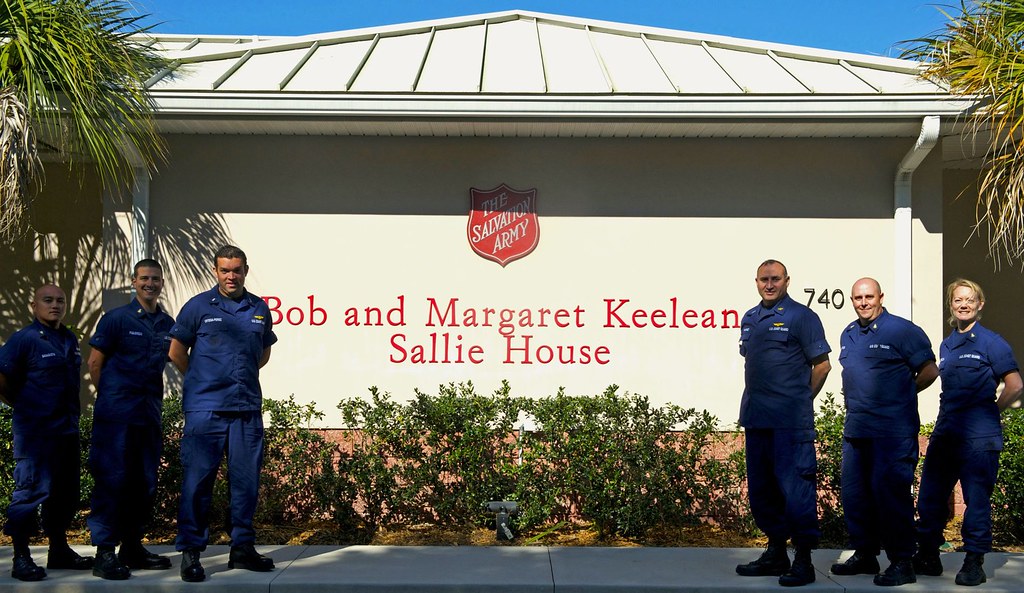Hello, dear readers! I’m Jennifer Parker, and I’ve been sharing my insights on ethical spending for the past four years. Today, I want to delve into the world of charitable giving, a topic close to my heart. Let’s face it; we all want to make a difference in the world, but sometimes figuring out where to direct our hard-earned dollars can be as challenging as finding that missing sock in the laundry. Fear not, my fellow do-gooders, for I’m here to guide you through the maze of ethical strategies for charitable giving.
Charitable giving is a beautiful way to contribute to causes that matter most to us and leave a positive impact on society. However, with countless organizations vying for our attention and donations, it’s essential to develop a thoughtful approach to ensure that our money is making a genuine difference. Let’s start by breaking down the steps to developing your ethical giving strategy.

Define Your Values and Priorities
Before you even think about writing that check or clicking the “donate” button, take a moment to reflect on your values and priorities. What issues or causes are closest to your heart? Do you care deeply about education, healthcare, environmental conservation, or perhaps animal welfare? Understanding your passions will help narrow down your options.
Let’s say you’re an animal lover, and your heart beats for the well-being of our furry friends. You might want to support organizations like the Humane Society or your local animal shelter. Identifying your values and priorities is the first step towards targeted and effective giving.
Do Your Homework
Once you’ve identified your values and priorities, it’s time to research the organizations that align with them. You wouldn’t buy a car without reading reviews and comparing prices, right? Well, charitable giving is no different.
Start by investigating the organizations you’re considering supporting. Check out their mission statements, financial transparency, and impact reports. Look for signs of good governance and efficiency in their operations. Websites like Charity Navigator and GuideStar can be invaluable resources for this research.
Assess Financial Transparency
When it comes to charitable organizations, transparency is key. You want to know where your money is going and how it’s being used. Be cautious of organizations that are vague about their financials or those that allocate an excessive amount of funds to administrative expenses. A well-run charity should be able to show you the direct impact of your donation.
Let’s say you’re passionate about providing clean drinking water to communities in need. Look for organizations that can demonstrate how your contribution directly contributes to the installation of water purification systems or the provision of clean water to communities in need.
Impact Measurement
To ensure your dollars make a meaningful difference, it’s crucial to assess the impact of your chosen charity. Ask questions like: How does the organization measure its success? What metrics do they use to track progress? Are they open to sharing their success stories and challenges with donors?
Consider a scenario where you want to support an education-focused charity. Look for organizations that not only build schools but also track the long-term impact of their programs on students’ lives, such as improved literacy rates and higher graduation rates.
Volunteer and Get Involved
One of the most rewarding ways to ensure your charitable giving aligns with your values is by getting personally involved. Volunteer with organizations you support, attend events, and interact with the people they serve. This hands-on experience will give you a deeper understanding of their mission and how your contributions are making a difference.
Imagine you’re passionate about environmental conservation. Spending a day volunteering with a local conservation group planting trees in a reforestation project can be both eye-opening and fulfilling.

Consider the Long-Term Impact
While immediate relief is crucial in times of crisis, long-term sustainability is equally important. Consider the long-term impact of your donations. Are you supporting organizations that focus on sustainable solutions rather than quick fixes?
For instance, if you’re inclined to help those affected by natural disasters, seek out organizations that not only provide emergency relief but also invest in disaster preparedness and community resilience programs. Donor Privacy and Communication
Be aware of how the charity manages your personal information. Some organizations may share or sell donor lists, leading to unwanted solicitations. Look for charities that respect your privacy and communicate with you in a way that aligns with your preferences.
Tax Deductibility
Don’t forget to consider the tax implications of your charitable giving. Many donations to qualified charitable organizations are tax-deductible, which can reduce your taxable income. Be sure to keep records of your donations and consult a tax professional for guidance on claiming deductions.
Conclusion
In the grand scheme of things, charitable giving is like planting seeds of positive change. It’s not just about writing a check; it’s about nurturing those seeds, watching them grow, and reaping the rewards of a better world. By defining your values, researching organizations, and assessing their transparency and impact, you can develop an ethical strategy for charitable giving that truly makes your dollars count.
Remember, it’s not the size of your donation that matters most; it’s the thought and care you put into it. So, roll up your sleeves, get involved, and be the change you wish to see in the world. Together, we can make a significant impact on the causes we hold dear. Happy giving, my friends!
































